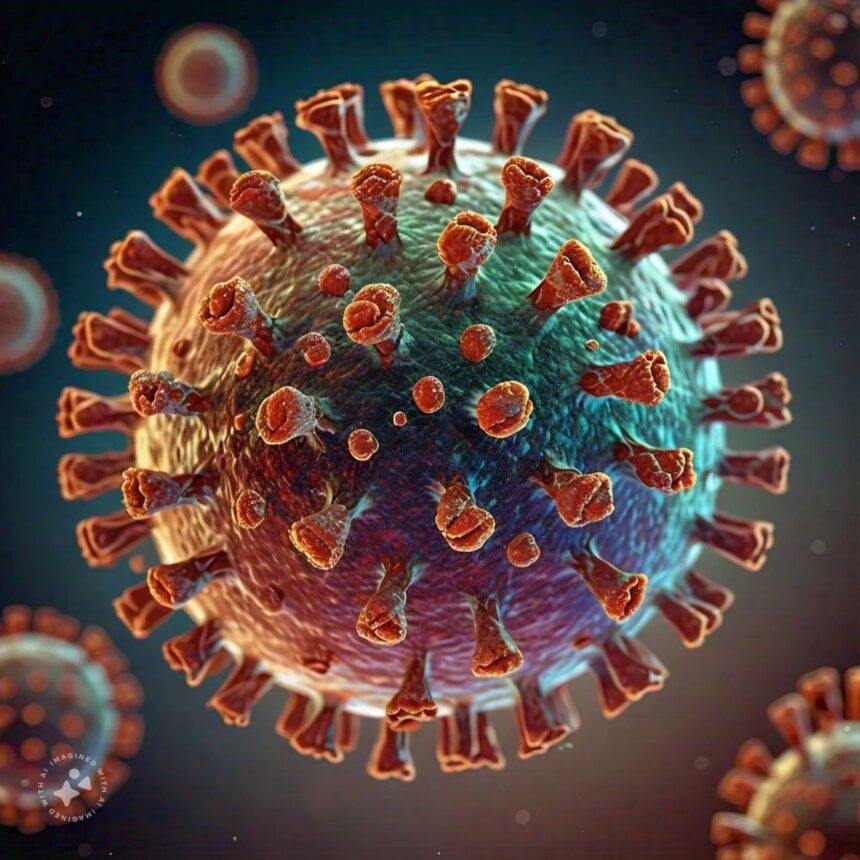20 August 2024 – The World Health Organization (WHO) has issued a public health emergency of international concern regarding the spread of Mpox (formerly known as monkeypox). The virus, which has historically been endemic in parts of Central and West Africa, is now seeing a rise in cases globally, driven primarily by Clade 1, which has proven to cause more severe disease, especially in children.

Transmission and Symptoms
Mpox is primarily spread through close contact with an infected individual. This includes direct contact with the rash or lesions that develop on the skin, respiratory droplets from prolonged face-to-face interactions, and contact with contaminated objects like clothing or bedding. Sexual contact and vertical transmission from a pregnant parent to a fetus are also significant modes of transmission.
The symptoms of Mpox typically begin with a long incubation period where the infected individual may not show signs for 5 to 13 days, though this can extend up to 21 days. Initial symptoms include flu-like signs such as fever, headaches, body aches, and swollen lymph nodes. This is followed by the development of a vesicular rash, which eventually scabs over. The illness generally lasts between 2 to 4 weeks.
Rash Progression
The Mpox rash typically starts as a small pimple or firm bump. Over time, it evolves into a fluid-filled blister, which then ulcerates and scabs over. It is crucial for all pustules and scabs to heal completely before the patient is no longer contagious. The lesions commonly appear on the palms of the hands and soles of the feet.
Treatment and Prevention
Most cases of Mpox are mild, with recovery occurring within 2 to 4 weeks without the need for specific treatment beyond rest and medications for symptom relief. However, isolation, wearing masks, practicing good hand hygiene, and ventilating spaces remain essential precautions to prevent the spread of the virus. Gloves and masks are also recommended when handling contaminated items like linens.
Vaccination against smallpox has shown to be 85% effective in preventing Mpox if administered within three days of exposure. Though prior vaccination offers some protection, it may not guarantee lifelong immunity against Mpox.
The global health community continues to monitor the situation closely as Clade 1 spreads, highlighting the importance of public awareness and preventive measures in controlling the outbreak.









